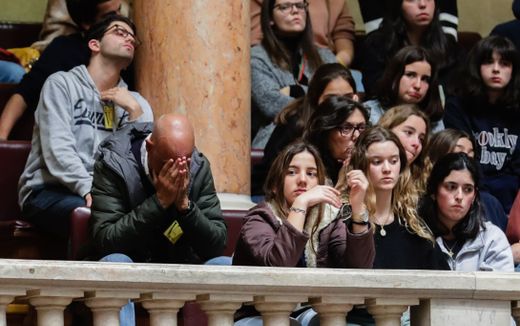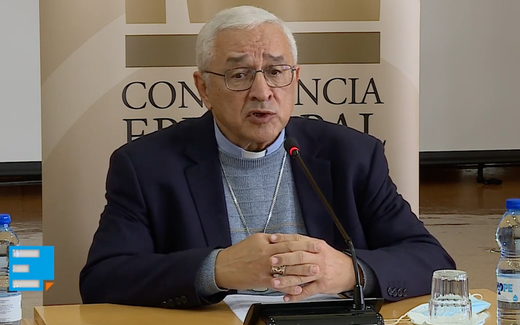Constitutional Court Portugal rejects euthanasia law

Photo AFP, Patricia de Melo Moreira
Southern Europe
For the second time, Portugal's Constitutional Court rejected a law allowing euthanasia, pointing to an "intolerable vagueness" in a narrow vote of seven judges to six.
The Court concluded that the text was not in line with the Basic Law because it failed to clearly define the "suffering of great intensity" that could lead to "medically assisted death," its judges announced in a statement read out to the press. This reports the Brussels Times. The bill is now returned to parliament.
Socialist parliamentarian Isabel Moreira, one of the main voices in favour of the law, reacted to Monday's decision by saying that it was only a "semantic problem" and, thus, easy to repair.
The secretary of the Portuguese Episcopal Conference (CEP) told Agência ECCLESIA that the new decision of the TC meets the position of the episcopate, "which has always affirmed the unconstitutionality of any legislative initiative that jeopardizes life, namely the decriminalization of euthanasia and assisted suicide".
Debate
Portugal's euthanasia debate has been dragging on since 2016. The recently rejected law was the third try from the parliamentarians. Both Catholics and Protestants took a stand against the parliamentarian's choices. Evangelicals "vehemently disapprove of the idea of medically induced death" and called on President Marcelo Rebelo de Sousa to veto the bill, which he already did two times. The third time, De Sousa referred the bill to the Constitutional Court in early January.
Related Articles






